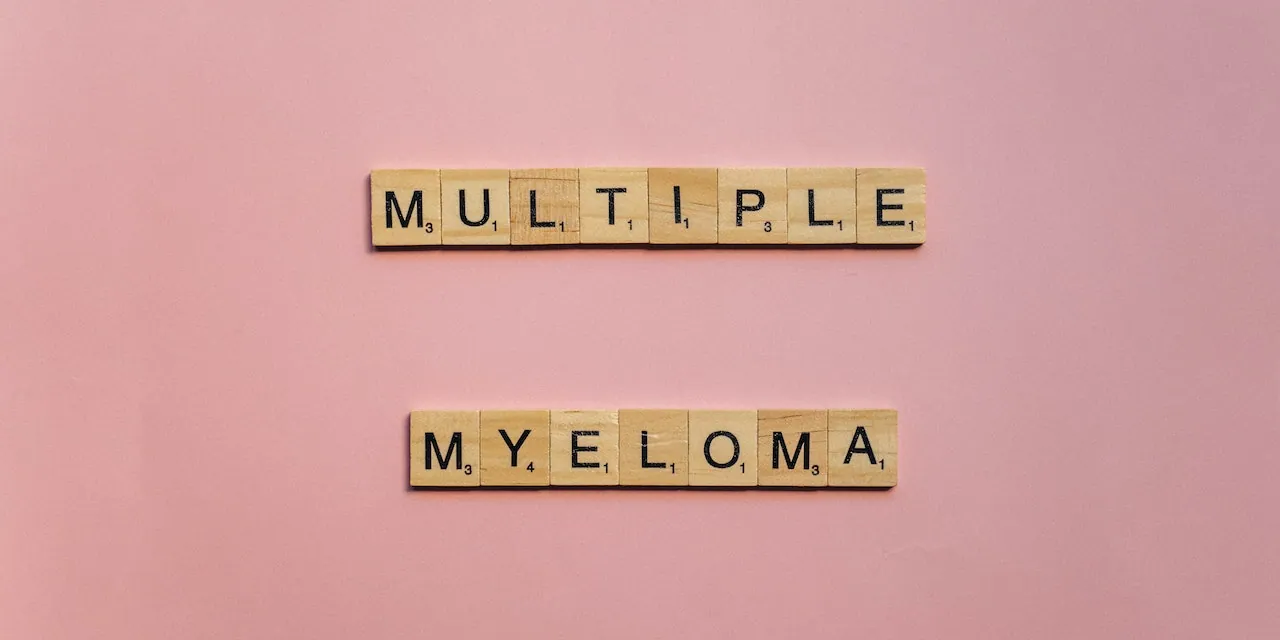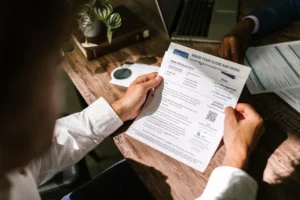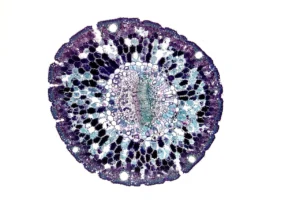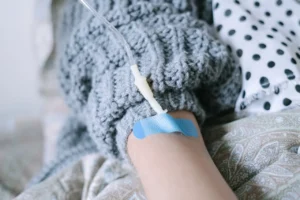
Regulatory Applications Accepted Across Three Regions Globally for Abecma for Earlier Use in Adults with Triple-Class Exposed Relapsed and/or Refractory Multiple Myeloma
U.S. FDA accepted Bristol Myers Squibb and 2seventy bio’s supplemental Biologics License Application and has assigned a target action date of December 16, 2023
European Medicines Agency has validated Bristol Myers Squibb’s Type II variation application for Abecma
Bristol Myers Squibb’s supplemental New Drug Application for Abecma has also been accepted by Japan’s Ministry of Health, Labour and Welfare
Applications based on interim results of Phase 3 KarMMa-3 study, the first and only randomized, controlled study designed to evaluate a CAR T cell therapy in triple-class exposed relapsed and refractory multiple myeloma, in which Abecma significantly reduced the risk of disease progression or death versus standard regimens
PRINCETON, N.J., & CAMBRIDGE, Mass.–(BUSINESS WIRE)– Bristol Myers Squibb (NYSE: BMY) and 2seventy bio, Inc. (Nasdaq: TSVT) today announced that the U.S. Food and Drug Administration (FDA) has accepted the companies’ supplemental Biologics License Application (sBLA) for Abecma (idecabtagene vicleucel) with the KarMMa-3 study that investigated the treatment of adult patients with relapsed and refractory multiple myeloma who have received an immunomodulatory agent, a proteasome inhibitor, and an anti-CD38 monoclonal antibody. The FDA has assigned a Prescription Drug User Fee Act (PDUFA) goal date of December 16, 2023. Data from KarMMa-3 were published in The New England Journal of Medicine on February 10, 2023.
“Our continued focus on bringing Abecma into earlier lines of treatment demonstrates our commitment to increasing treatment options and improving outcomes for patients living with multiple myeloma,” said Anne Kerber, senior vice president, head of Cell Therapy Development, Bristol Myers Squibb. “This FDA acceptance marks another step forward in our mission by bringing us closer to offering this potentially transformative, one-time CAR T treatment option to more patients.”
“Positive results from our Phase 3 KarMMa-3 study demonstrate a significant clinical benefit of Abecma across lines of care in triple-class exposed multiple myeloma,” said Steve Bernstein, M.D., chief medical officer, 2seventy bio. “The acceptance of the sBLA brings us closer to expanding the benefits of Abecma to myeloma patients earlier in their treatment course.”
Additional Regulatory Acceptances Granted to Bristol Myers Squibb
The European Medicines Agency (EMA) has also validated Bristol Myers Squibb’s Type II variation application for Abecma based on the KarMMa-3 study. Validation of the application confirms the submission is complete and begins the procedure and scientific assessment.
In addition, Japan’s Ministry of Health, Labour and Welfare has accepted Bristol Myers Squibb’s supplemental New Drug Application (sNDA) for Abecma based on the KarMMa-3 study.
“The KarMMa-3 study has shown the clear clinical benefit of Abecma over existing standard of care regimensand, if approved, the potential for this anti-BCMA CAR T cell therapy to become a standard of care earlier in the treatment course for relapsed and refractory multiple myeloma,” said Adam Lenkowsky, senior vice president, head of Major Markets, Bristol Myers Squibb. “These global regulatory acceptances of BMS’ applications represent important additional progress across three regions with significant patient need in triple-class exposed multiple myeloma.”
The three regulatory applications were based on interim results from the pivotal, Phase 3, open-label, global, randomized, controlled KarMMa-3 study evaluating Abecma compared with standard combination regimens. The study enrolled patients who were treated with an immunomodulatory agent, a proteasome inhibitor, and daratumumab, which are the most commonly used standard treatments in multiple myeloma. Growing use of daratumumab in frontline and early-line relapse has led to an increasing unmet need for patients following treatment with the three most common classes of antimyeloma agents, for whom there is no clear treatment paradigm and often very poor outcomes with current standards of care. Results of the KarMMa-3 study showed treatment with Abecma demonstrated a statistically significant and clinically meaningful improvement in progression-free survival and overall response rate, and safety results were consistent with the well-established and generally predictable safety profile of Abecma. Based on results from KarMMa-3, Abecma is the first and only CAR T cell therapy to demonstrate superiority over standard regimens in a randomized, controlled Phase 3 trial designed to evaluate patients with triple-class exposed relapsed and refractory multiple myeloma.
Please see the Important Safety Information section below, including Boxed WARNINGS for Abecma regarding cytokine release syndrome, neurologic toxicities, Hemophagocytic Lymphohistiocytosis/Macrophage Activation Syndrome and Prolonged Cytopenia. Abecma is also approved in the European Union, Switzerland, the United Kingdom, Japan, Canada, and Israel for adult patients with triple-class exposed relapsed and/or refractory multiple myeloma after three to four or more prior lines of therapy.
Source link:https://www.bms.com




